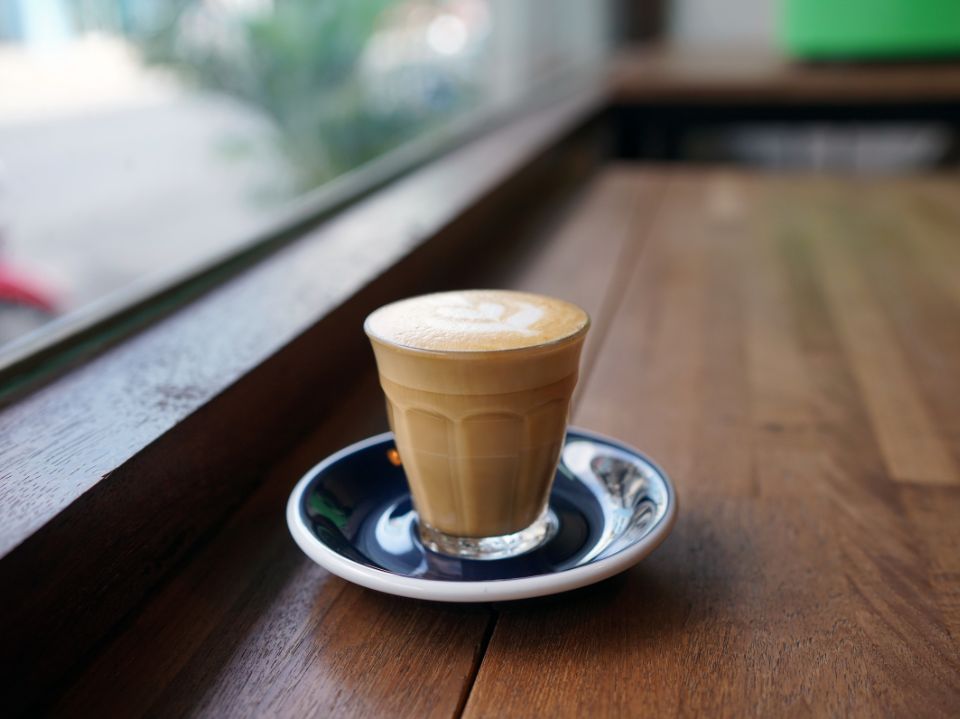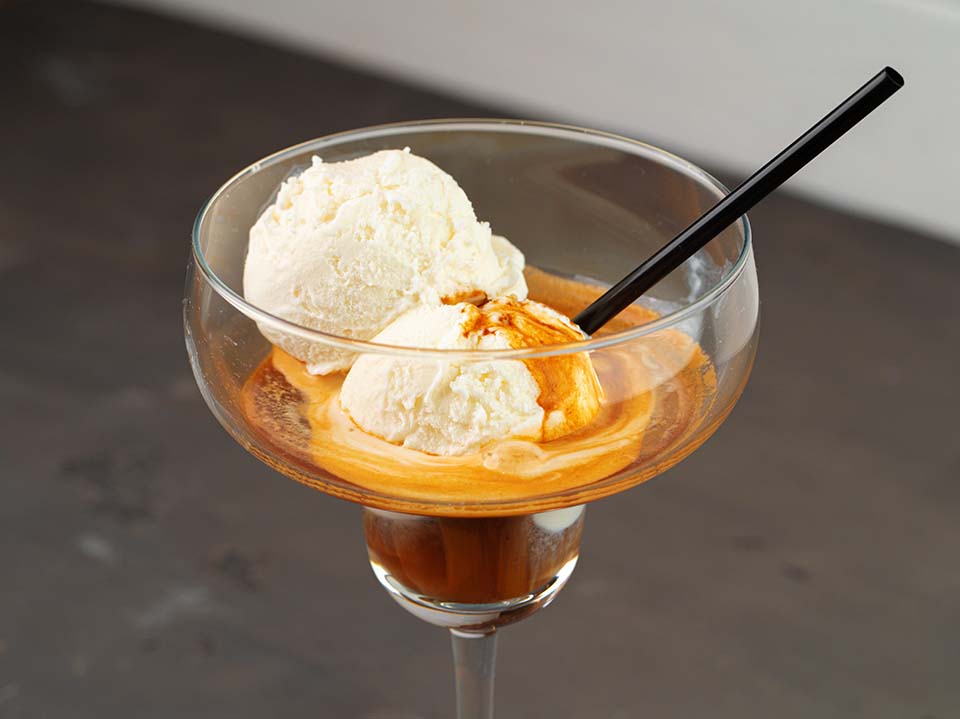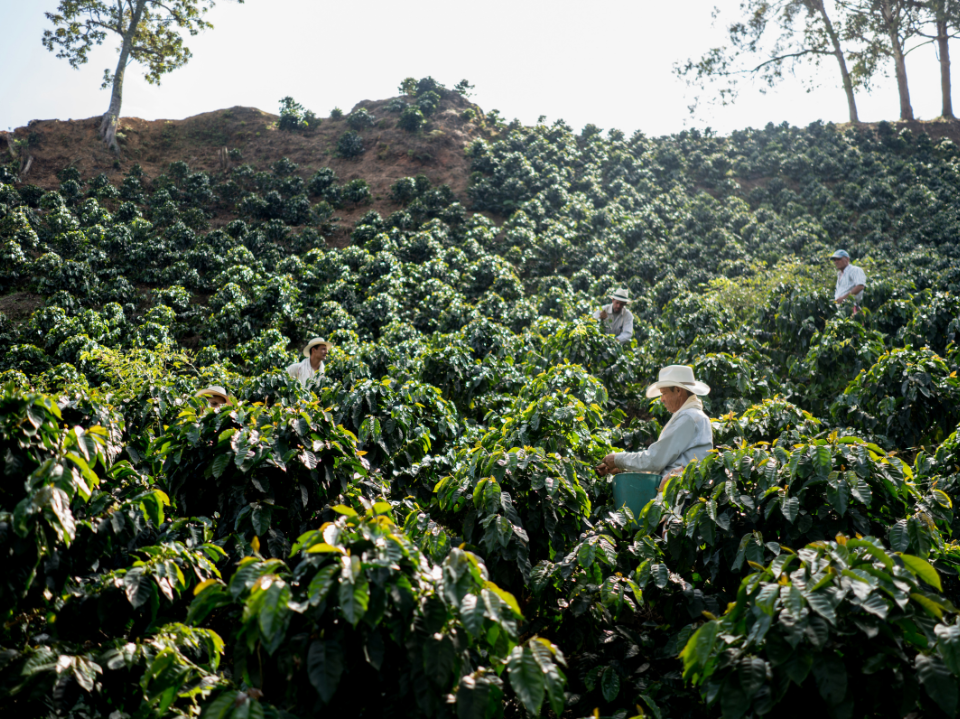There are two things in our world that many individuals are quite passionate about – coffee and wine!
While one is usually enjoyed during the day and the other at night, coffee and wine share more similarities than you probably think.
Keep reading to learn what the key similarities between coffee and wine truly are!
1. Coffee and Wine Have Many Varieties
Coffee and wine both come in countless varieties, and they are both grown in many different parts of the world.
Each variety of coffee has its own distinct flavour, and some may only thrive in specific terroirs. Similarly, certain grapes are tailored to different terroirs, causing every variety of wine to have a unique flavour profile.
2. Both are Produced From Highly Specific Growing Regions
The environment in which our coffee and wine are produced, developed, and nurtured has a big impact on the end product.
When comparing wine with coffee, it is evident that they both come from very specific growing regions. The climate, altitude, sun exposure, and type of soil all play a role in how coffee and wines taste.
Coffee from Kenya tends to be more full-bodied, but coffee from South America is more acidic and sweet. The same goes for wine. French wines are lighter-bodied and more acidic than wines from California. The different regions all contribute to coffee and wine aromas, flavours, and textures.
Di Stefano stocks a range of coffee beans from a multitude of growing regions across the globe. Discover them on our specialty coffee online shop today.
3. Coffee and Wine Both Have Unique Aromas and Flavours
Like wine, coffee has a distinctive mix of flavours that are exclusive to its variety, geography, and roasting method. Most wines have fruity aromas, such as cherry, strawberry, and blackberry for red wines and apple and pear for white wines. Each type and variety of wine will have a distinctive taste profile.
Coffee has earthy, floral, and nutty aromas as well as a bitter, sweet, and acidic flavour. Different varieties of coffee will each have a unique flavour. For example, our 109 Specialty Coffee Beans are sourced from Ethiopia and a blend of bold cherry and sweet lemon, that creates caramel tones on the palate that provide a refreshing yet understated flavour.
4. The Production Process is Extensive
Although the production processes for coffee and wine are different, they are both quite extensive and have a lot in common with ageing.
Wine may take 5-7 years to age whereas coffee can take anywhere from 6 months to 3 years. In some circumstances, coffee is aged in barrels exactly like wine. Aged wine and coffee will have a milder flavour. Our Distefano medium roast is a perfect example!
Similar to how choices made during the winemaking process in the cellar will impact the end product, the roasting process has an impact on the coffee’s aroma and flavour.
5. How They Are Served Matters
A good cup of coffee or glass of wine depends on how the beverage is served.
The way the coffee is ground, the temperature of the water used to make the coffee, and how it is poured all impact coffee’s taste.
Like coffee, wine needs to be properly prepared and served at the right temperature to produce a wonderful experience.
Shop at Di Stefano
Similar to how coffee lovers desire the highest-quality coffee with the finest flavour, wine enthusiasts like to sip on high-quality wines that satisfy their palates.
If you want to enjoy the flavour and aroma of the best-tasting coffee in the world, shop our collection of specialty coffee at Di Stefano!



